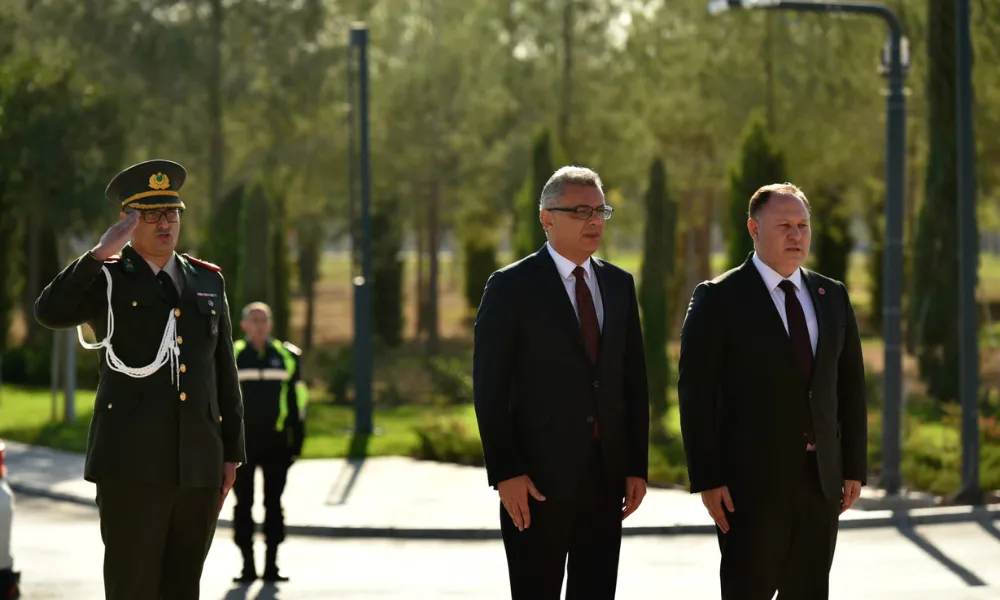The election of Tufan Erhürman as Turkish Cypriot leader has generated a cautiously optimistic impression that the Cyprus problem could finally return to a constructive track, potentially paving the way for a new round of substantive negotiations. Yet at this early stage, what is most needed is patience and restraint rather than emotional declarations.
The five years of Ersin Tatar’s leadership left the Cyprus problem mired in stagnation and, more damagingly, in a widespread belief that nothing can move forward. The political atmosphere became one of fatalism. Erhürman’s arrival has begun to change that mood, but expectations must be managed carefully.
At this point, both leaders - Nikos Christodoulides and Tufan Erhürman - would do well to meet discreetly and establish a modus operandi before engaging in public exchanges. Grand statements, however well-intentioned, are counterproductive when each audience interprets them differently.
Every word spoken by either leader is scrutinised not only by their respective communities but also by the international community, and in Erhürman’s case, by the Turkish Foreign Ministry in Ankara. It is, therefore, a moment that demands diplomacy, not display.
Double standards and contradictions
It is understood that no negotiations can begin without coordination with Ankara. Yet there is a contradiction in claiming to seek a bizonal, bicommunal federation (BBF) based on past convergences, while simultaneously maintaining that Turkish guarantees must remain in place.
At Crans-Montana, Turkey accepted UN Secretary-General António Guterres’s position that the 1960 guarantees were no longer viable, and even acknowledged the need to abolish the unilateral right of intervention in a future federal Cyprus. A genuine return to the BBF framework would therefore require consistency with these principles.
Equally, President Christodoulides cannot claim readiness to resume talks from where they left off at Crans-Montana while at the same time exercising a veto in the European Union to block Turkey’s participation in European defence initiatives, and then expecting Ankara to lift its own veto on Cyprus’s participation in NATO. Diplomacy cannot move forward on the basis of double standards.
Rare opportunity
Erhürman’s election was, by most accounts, tolerated by Ankara. This could be a sign that Turkey itself is open to a shift in tone and approach on the Cyprus problem. If that is the case, it presents a rare opportunity for all parties to reset the conversation.
But if there is to be a new and meaningful dialogue, it will not emerge from speeches or statements. What Cyprus now needs is less talk and more work. Fewer slogans, more substance, and a willingness from both sides to take concrete, confidence-building steps.
Only then can the island move beyond its long political stalemate and begin to rediscover the possibility of a shared future.
